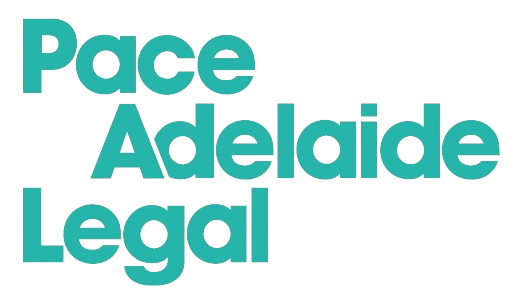
In 2020, the pre-action protocols were introduced to encourage resolution between parties and to prevent the commencement of litigation, which often is an extremely timely and costly procedure.
These protocols first require the Applicant to outline sufficient particulars regarding their potential claim to be made against the opposing party in what is referred to as a ‘pre-action claim’.
Once served, the Respondent is required to respond within 30 days (if the matter relates to a personal injury claim) or 21 days (in any other case) with a pre-action response outlining their response and how they intend to defend the claim.
A pre-action meeting is then to be held within 21 days after the time for service of the last pre-action document where parties are required to negotiate in good faith with the intent of resolving the dispute. Unless otherwise agreed, this meeting is to be held face-to-face to allow parties to negotiate in person and talk through the disputed facts.
Pre-action meetings have proven to be a cost-effective solution to settling those disputes that, while are by no means insignificant and usually in the range of $20,000 – $50,000, do provide costs challenges for parties when brought into the court process for resolution.
If the pre-action meeting does not result in an agreed settlement, the parties may then consider alternative dispute resolution processes which may include attending a mediation where an independent mediator would chair the same.
It must be noted that parties who fail to comply with any of the pre-action protocols are likely to suffer cost consequences. For example, unless otherwise ordered by the Court, an Applicant who does not comply with the pre-action rules by, for instance, not serving a pre-action claim on the proposed Respondent, is not entitled to recover the costs of preparing, filing or serving the Claim.
Where proceedings are instituted without first attending to all the required pre-action protocols, a special directions hearing will be listed before the Court where the Court may make orders:
- obligating parties to engage in any pre-action step that has not been followed; or
- requiring the non-complying party to pay costs fixed in a lump sum or on an indemnity basis.
There are however certain exemptions that Applicants can rely on which dispose of their obligation to serve a pre-action claim on a proposed Respondent. For example, an Applicant is exempt from serving a pre-action claim if they reasonably believe that the claim will be uncontested (or is not generally contestable) and serves on the Respondent a Final Notice.
Pace has successfully used such tools in the last 2 years to resolve dozens of disputes and has in turn, saved clients from incurring significant Court fees. If you would like to have a confidential discussion regarding a legal dispute that may be distressing you, please feel free to contact one of our experienced disputes lawyers on (08) 8410 9294.
See more about our disputes and litigation legal services, click here: Disputes & Litgation Services
